New study finds the majority (55%) of AI developers are building agentic AI workflows. Traction is strong, even as 57% are still considering hallucinations as the biggest challenge facing the industry.
Vellum Publishes State of AI Development Report: AI Adoption to Increase in 2025 - Despite Lingering Challenges
Treble
Mike Bradley
mbradley@treblepr.com
Today, Vellum, an AI development platform to support experimentation, evaluation, deployment and monitoring of AI applications, announced its inaugural State of AI Development Report which uncovers unique insights from more than 1,250 AI developers.
Among other key findings, the report, which outlines topline challenges AI developers face, revealed impressive momentum in enterprise AI adoption: more than 25% of AI developers report at least one enterprise AI application in production with an additional 39% in various phases of testing.
“We're witnessing a transformation in how businesses leverage AI,” said Akash Sharma, CEO of Vellum. “Organizations are moving beyond the hype to create practical, value-driving applications that are reshaping customer experiences and business operations. In 2025, it’ll be critical to have better expertise and tooling to continue driving adoption.”
Early birds are getting the worm
When it comes to development, OpenAI continues to lead the pack. Notably, it’s the most likely candidate by a long shot to be used as an exclusive model (where companies strictly use it and no other competitor models). Among these OpenAI models, GPT 4o (64.9%) and GPT 4o-mini (35.3%) are the most popular.
The Microsoft-OpenAI partnership has emerged as a frontrunner, establishing themselves as “the IBM duo for the AI era” - brands enterprise tech leaders can select without executive backlash. OpenAI and Azure are also the most accessed API providers with 63.3% of developers using OpenAI and 33.8% using Azure, taking second.
Their successful collaboration has democratized access to advanced AI capabilities, enabling organizations of all sizes to build sophisticated applications. Microsoft's strategic investments in both public cloud infrastructure and OpenAI are accelerating development cycles and reducing barriers to entry.
Organizations are finding their AI groove
More than half of developers are successfully building both document analysis tools (59%) and customer service chatbots (51%), demonstrating AI's practical benefits with tools that were once a luxury for businesses.
Looking ahead, the emergence of agentic AI from concept to development is seeing remarkable progress, with over half (55%) of developers planning to build complex agentic workflows in 2025. With customer-facing applications becoming a priority, it’s clear there is growing confidence in AI reliability and effectiveness.
But data shows there is still work to do
While developers are full-steam ahead on business-altering AI projects that save time and costs, their evaluation processes have not followed suit yet. Only 57% of developers are evaluating their AI models and 3 in 4 (75%) are doing so manually. This shows a stark missed opportunity to leverage AI to automate complex evaluations. Evaluations are crucial to confirming reliability and avoiding unnecessary misfires like the hallucinations that developers are stacked up against.
Nonetheless, the growing attention to this aspect of AI development is a step in the right direction.
“The AI industry's, albeit painstakingly slow, attention to quality control, combined with rapid innovation, shows a sector that's maturing in the right way,” said Sharma. “Organizations are balancing ambition with responsibility, creating a sustainable path forward for AI adoption.”
You can find full results from the research survey here.
About Vellum
Vellum is an end-to-end AI development platform that helps teams build and deploy AI-powered applications. It provides a collaborative environment where both technical and non-technical team members can contribute to AI projects using familiar tools and interfaces. In 2023, Vellum received $5M in seed funding just six months after its founding in January of the year.
View source version on businesswire.com: https://www.businesswire.com/news/home/20250115940441/en/

 Business wire
Business wire 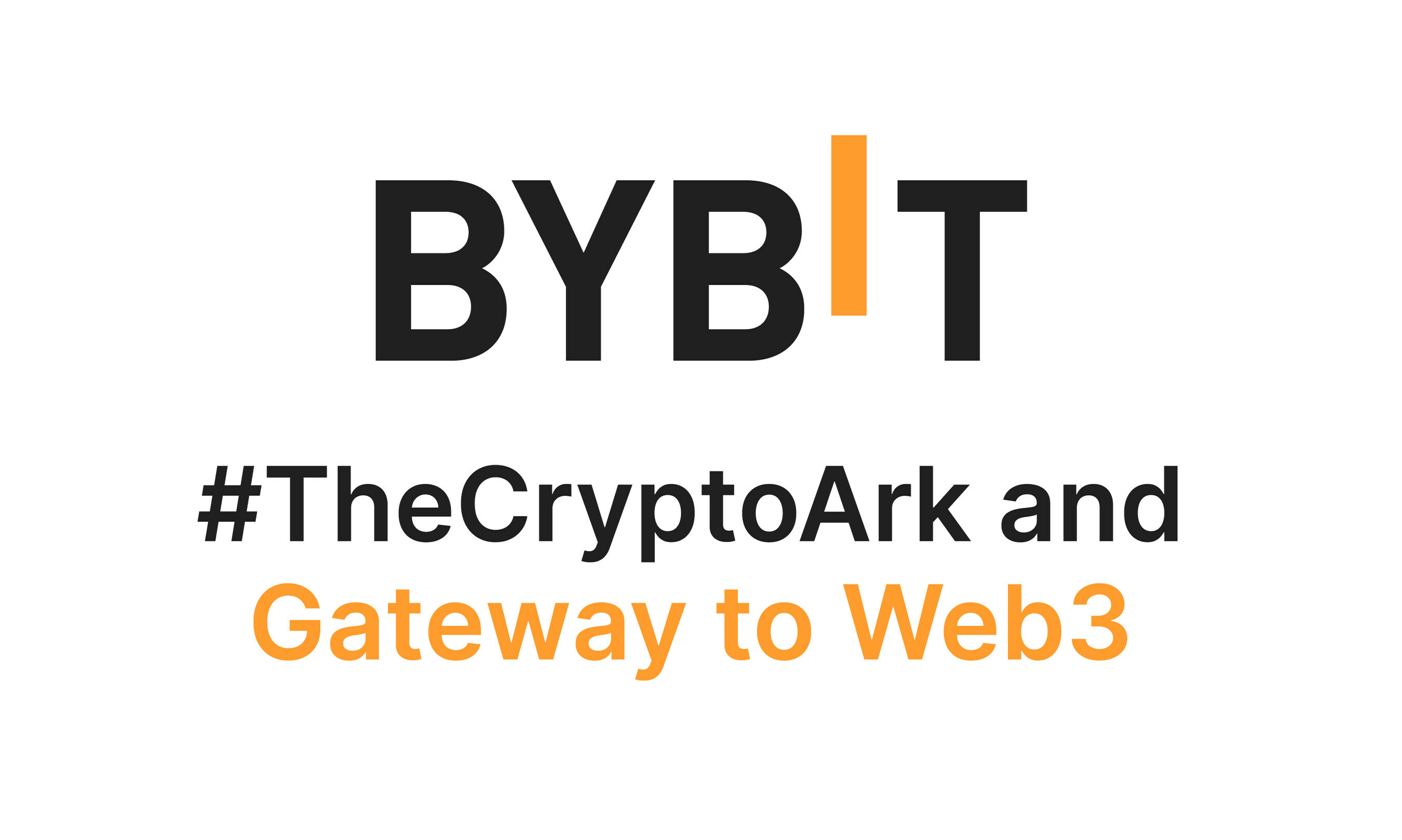




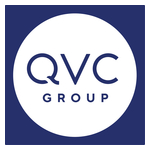

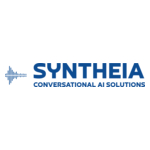
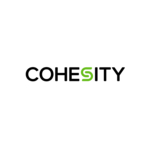
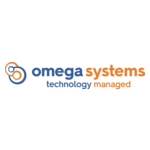

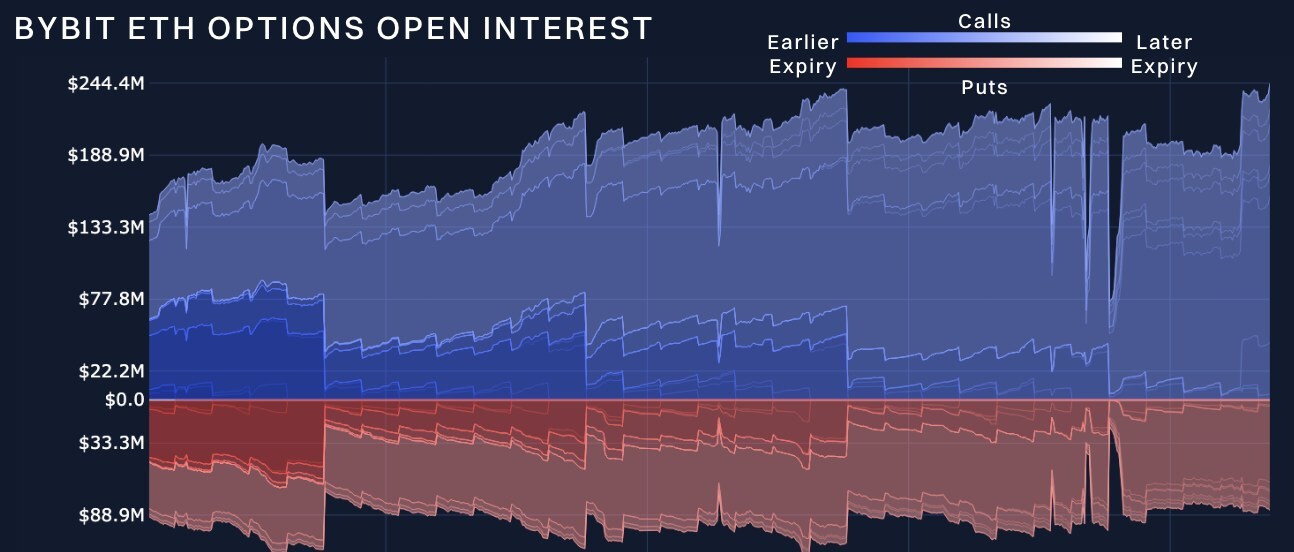
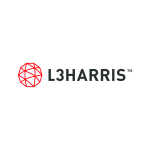
Add Comment